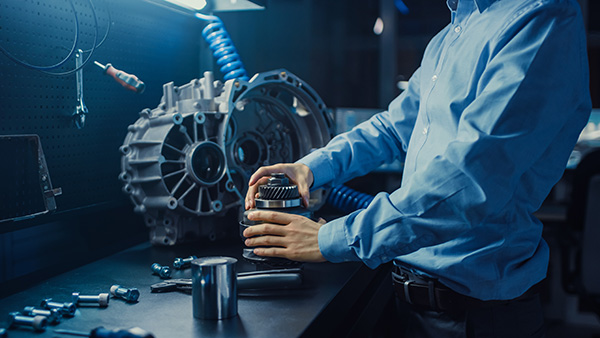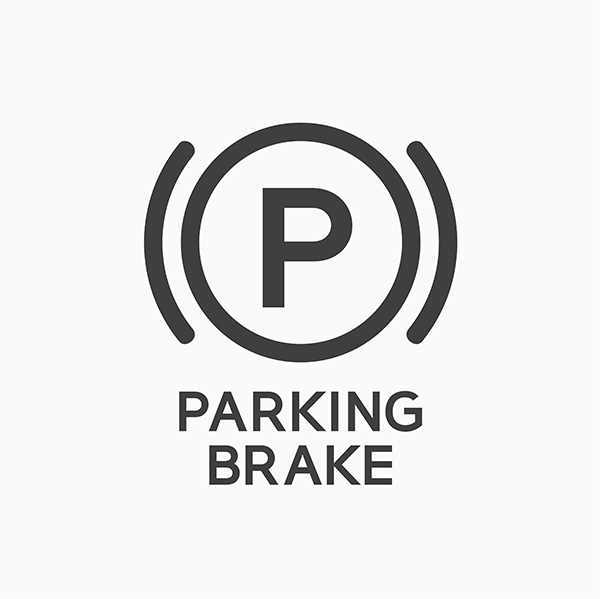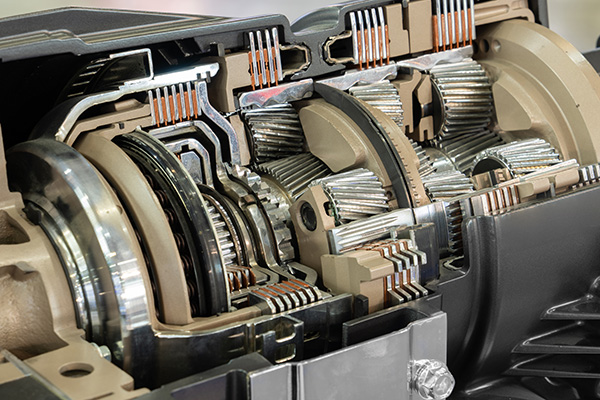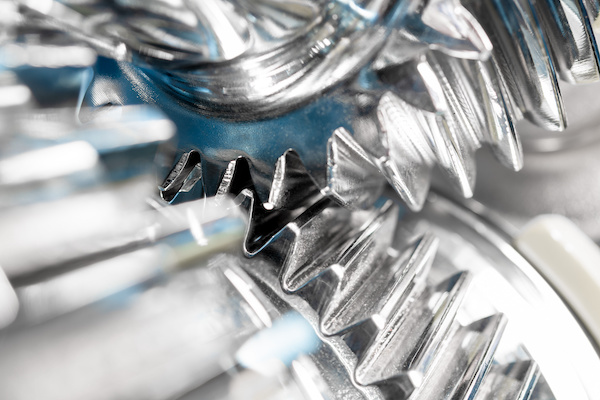Posted on 4/25/2025

If you tow heavy loads with your pickup—whether it’s a boat, trailer, or work equipment—your transmission is doing a lot more than usual. Heat is the enemy of transmission longevity, and towing is one of the fastest ways to build it up. That’s where a transmission cooler comes in. But do you really need one? If your truck didn’t come with a factory tow package, or if you’ve upgraded your towing capacity, adding a transmission cooler might be one of the smartest and most cost-effective upgrades you can make. It’s not about going faster—it’s about keeping your drivetrain alive and functioning reliably under load. Why Towing Generates So Much Heat Towing puts a massive strain on your transmission. Instead of just moving the truck itself, the engine and transmission are working harder to accelerate and maintain speed with thousands of extra pounds behind you. That extra effort translates to more heat being generated ... read more
Posted on 3/28/2025

If you’ve modified your truck with larger tires, added performance upgrades, or simply want better power and efficiency, regearing the transmission might be one of the best upgrades you can make. Many truck owners overlook the impact that gearing has on performance, but the right gear ratio can transform how your vehicle drives. So, what exactly are the benefits of regearing, and when should you consider it? Better Power and Acceleration One of the biggest advantages of regearing is restoring lost power and acceleration, especially after installing larger tires. Bigger tires increase the effective gear ratio, making it harder for the engine to turn the wheels. This leads to sluggish acceleration, especially when towing or climbing hills. By choosing the right gear ratio, you bring the engine’s powerband back to where it should be. This means quicker response when you hit the gas, better low-end torque, and improved drivability both on and off-road ... read more
Posted on 2/28/2025

You hop in your car, ready to hit the road, but something feels off. The engine is running, and the gears are engaged, but the car isn’t moving as freely as it should. That’s when you realize—the hand brake is still on. Maybe you release it right away, or maybe you’ve already driven a few miles without noticing. But does driving with a stuck hand brake actually harm your car? And if so, how serious is the damage? How the Hand Brake Works The hand brake, also known as the parking brake or emergency brake, is designed to keep your car stationary when parked. It operates separately from the main braking system, usually engaging a cable that locks the rear wheels. This is useful when parking on an incline or as a backup in case the primary brakes fail. Hand brakes can either be manual levers, electronic buttons, or foot-operated pedals, depending on your car’s make and model. Regardless of the type, its job is the same—to prevent unwa ... read more
Posted on 1/31/2025

Transmission technology has come a long way over the years, and one innovation that stands out is the double clutch transmission (DCT). Combining the efficiency of manual gearboxes with the ease of automatics, DCTs offer a driving experience that’s both responsive and enjoyable. But what exactly is a double clutch transmission, and how does it work? Let’s dig into the details of this fascinating technology. Double Clutch Transmission A double clutch transmission, as the name suggests, features two separate clutches. These clutches work together to handle gear changes without interrupting power delivery. One clutch is responsible for even-numbered gears (2, 4, 6, etc.), while the other manages odd-numbered gears (1, 3, 5, etc.). This arrangement allows for quicker and smoother gear transitions compared to traditional manual or single-clutch systems. Unlike fully manual transmissions, DCTs don’t require you to operate a clutch pedal. Instead, the sys ... read more
Posted on 12/20/2024

Few components are as important to your vehicle's performance, especially in terms of power and handling, as the ring and pinion gears. These gears transfer power from your engine to your wheels, determining how effectively your car accelerates and handles varying road conditions. But what happens when this essential system isn’t functioning correctly? That’s where ring and pinion repair comes into play. What Are Ring and Pinion Gears? The ring and pinion gears are part of your vehicle’s differential—a system located in the axle that allows your wheels to turn at different speeds. This is especially important during turns, where the inner wheel needs to rotate slower than the outer wheel to maintain proper traction and control. The pinion gear is a smaller gear connected to the driveshaft, while the ring gear is larger and mounted inside the di ... read more